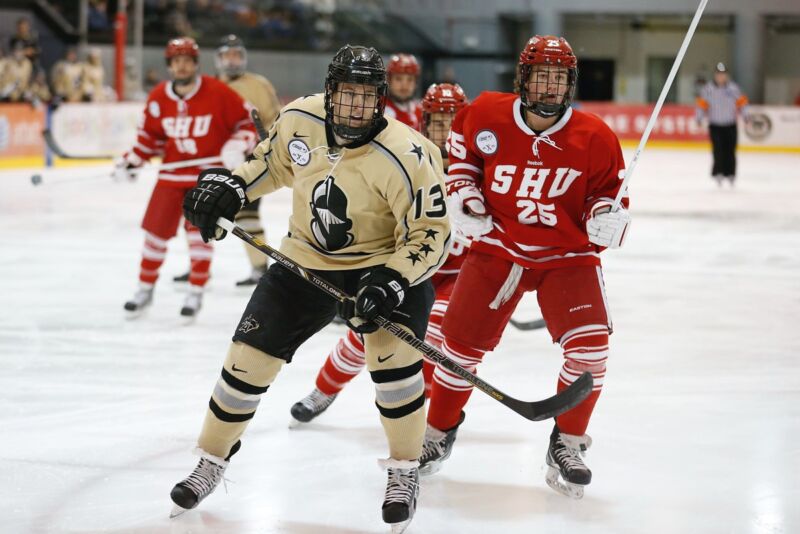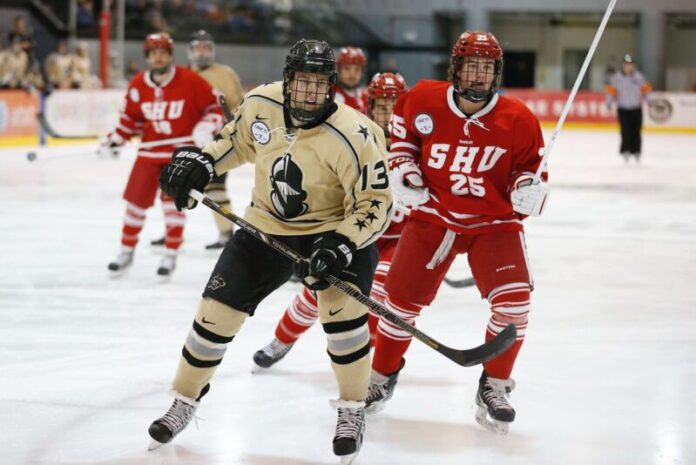
University of Rochester linguist Andrew Bray started out studying the evolution of the trademark sports jargon used in hockey for his master's thesis. For instance, a hockey arena is a "barn," while the puck is a "biscuit." When he would tell people about the project, however, they kept asking if he was trying to determine why American hockey players sound like "fake Canadians." Intrigued, Bray decided to shift his research focus to find out if hockey players did indeed have distinctively Canadian speech patterns and, if so, why this might be the case.
He discovered that US hockey players borrow certain aspects of the Canadian English accent, particularly when it comes to hockey jargon. But they don't follow the typical rules of pronunciation. In short, "American hockey players are not trying to shift their speech to sound more Canadian," Bray said during a press briefing. "They're trying to sound more like a hockey player. That's why it's most evident in hockey-specific terms."
It's a concept known as a "linguistic persona," a means of communicating how one identifies—in this case, as a hockey player— through speech. Bray gave a talk about his research today at a meeting of the Acoustical Society of America in Ottawa, Canada, held in conjunction with the Canadian Acoustical Association.
Read 9 remaining paragraphs | Comments
Ars Technica - All contentContinue reading/original-link]




